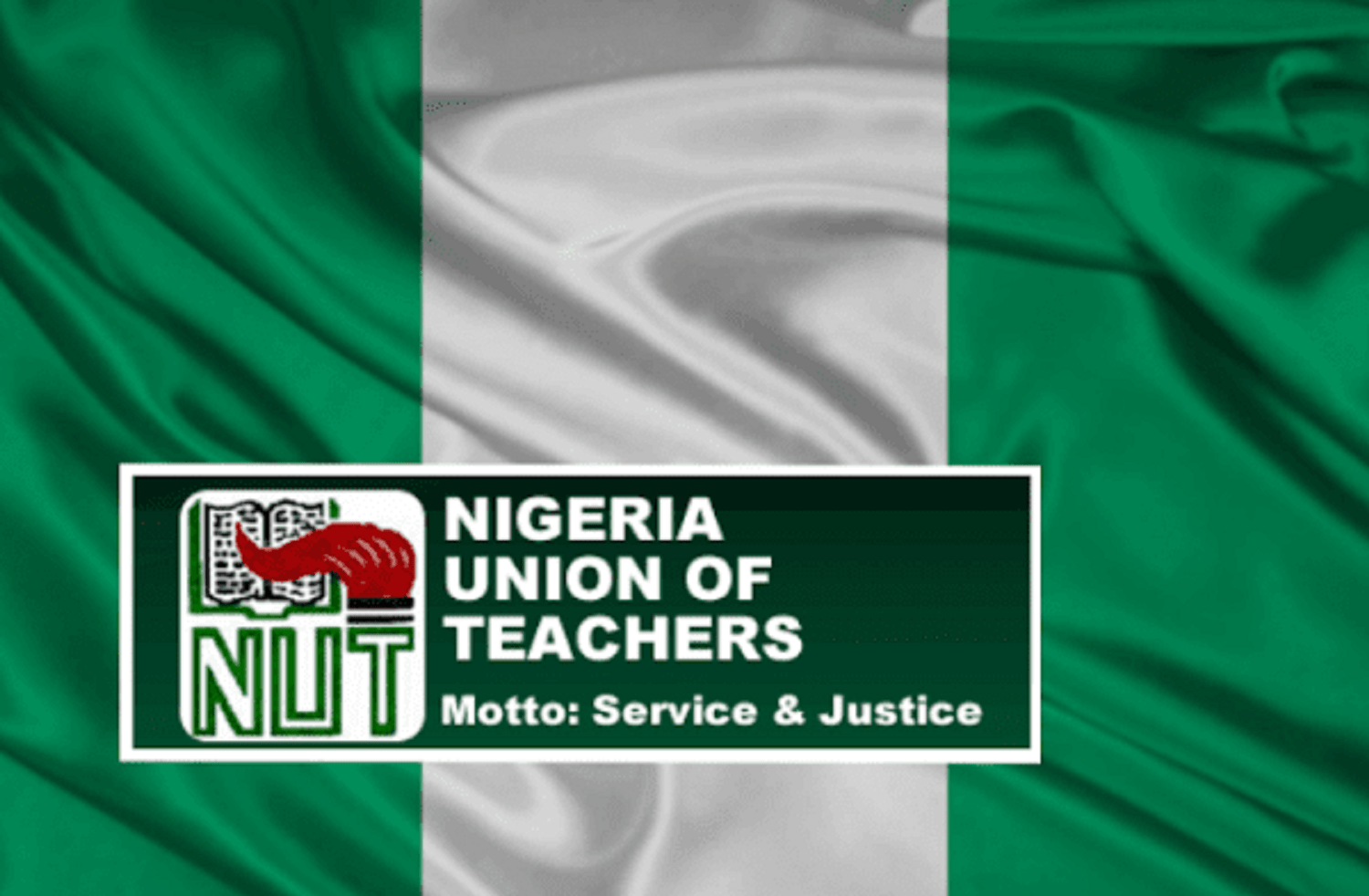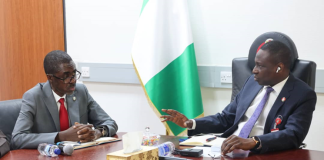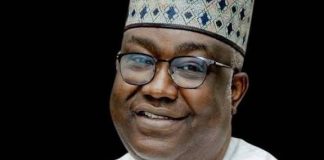🌿 Ruzu Non-Alcoholic Herbal Bitters
Ruzu Non-Alcoholic Herbal Bitters is a natural health supplement specially formulated to:
- ✅ Promote general wellness
- ✅ Detoxify the body
- ✅ Support the treatment of various ailments
Made from a powerful blend of 100% organic and medicinal herbs, Ruzu is completely alcohol-free, making it ideal for:
- 👪 All age groups
- 🌱 Health-conscious individuals
- 🌿 Anyone seeking non-alcoholic herbal remedies
Whether you're looking to boost your vitality, cleanse your system, or support healing the natural way, Ruzu Bitters offers a trusted herbal solution.
On Sunday, the Nigeria Union of Teachers (NUT) estimated that there was a nationwide lack of teaching professionals, totaling over 194,876. The NUT suggested that a special National Commission for recruiting would help close the staffing gap.
It took use of the opportunity to express serious concerns about the concerning manpower shortage in primary and secondary schools across the country as it observed 2025 World Teachers’ Day alongside other countries.
While commemorating the day in Eagle Square, Abuja, NUT President Comrade Titus Amba brought these shortcomings to light.
Amba urged federal and state governments to never overlook the plight of teaching professionals while speaking on the theme of 2025 World Teachers’ Day, “Recasting Teaching as a Collaborative Profession.” She emphasized that the country’s primary and secondary school teachers would benefit society by implementing a stronger welfare package and an improved salary structure.
Amba also expressed regret that certain state governments are refusing to enact the new national minimum wage of N70,000 that the federal government has approved.
In order to ensure that the proper quantity and caliber of teachers are employed to support efficient education delivery and enhance learning outcomes in the country’s educational system, he utilized the 2025 celebration to make a plea to all levels of government.
Despite the well-established fact that educators are the backbone of any educational system, Amba contends that the low status of teachers and the unfavorable working conditions they endure are crucial to achieving the full range of educational goals and objectives.
He advocated for better teacher welfare and compensation in order to lure younger generations to the teaching profession. He also proposed for the establishment of National Commissions to address the teacher shortage.
He said: “To address the teacher shortage and keep teachers in the profession, their well-being is essential.” Additionally, it is essential to the realization of everyone’s right to high-quality education.
The Federal Government under President Muhammadu Buhari approved some welfare packages for teachers in an effort to reposition the education sector for better service delivery in the nation, acknowledging the low status of teachers and the unfavorable working conditions they endure. The standardized retirement age of 65 and 40 years of service for teachers are two of the authorized incentives, together with a unique pay structure for basic and secondary school instructors.
“Universities and colleges of education should reintroduce the bursary award for students studying education; build affordable housing for teachers in rural areas; provide loan facilities for housing, cars, motorcycles, and other items to support teachers’ incomes; and provide free tuition and automatic admission for biological children of teachers.”
Aside from the new retirement age for teachers, which has been imposed by 22 states and the Federal Capital Territory, it is concerning to see that the majority of the 2020 approvals have not yet been put into effect.
“We thus urge the federal and state governments to guarantee the complete implementation of these authorized teacher incentives in order to support their efficacy and high-quality learning outcomes in our educational system,” he said.
The president of NUT maintained that Nigeria’s efforts to achieve Sustainable Development Goal 4 (SDG 4) by 2030 would be hampered if the severe problem of teacher shortage is not addressed.
According to him, “the lack of teachers has become a significant problem for educational systems worldwide, directly affecting the quality of education.” About 44 million primary and secondary school teachers and at least 6 million pre-primary school teachers are needed to accomplish Sustainable Development Goal 4 (SDG 4) by 2030, according to UNESCO’s Global Reports on Teachers and Early Childhood Care and Education (2024).
Statistics show that primary and secondary schools in Nigeria, particularly those in rural areas, are experiencing a severe shortage of staff. UBEC (2024) reports that there is a 194,876 teacher shortfall in the nation’s public elementary schools.
Additionally, the state of affairs in the secondary school sub-sector is not promising. In accordance with SDG 4, the nation’s commitment to providing high-quality education for all is undermined by the lack of teachers in our schools,” he said.
The Teachers’ Registration Council of Nigeria (TRCN) was denied access to the Federal Government’s yearly budgetary allotment, which the NUT president also criticized.
In order to give the TRCN the necessary support and empowerment to fortify the teaching profession for improved service delivery and productivity, he urged President Bola Ahmed Tinubu to make sure the Council receives the national budget and to reexamine the matter of delisting the TRCN among other regulatory bodies from government funding.
Instead of building and maintaining public schools that would provide the necessary access and cater to the interests of all children, including the less fortunate and the vulnerable, particularly the girl child, children with disabilities, and those living in rural areas, he warned against the commercialization and privatization of education in Nigeria, saying it is concerning that some governments are implementing policies that encourage these practices by turning over schools to missions and nonprofit organizations.
It’s critical to emphasize that education privatization, in any form, undermines our national commitment to universal, free, and compulsory basic education for all people by causing social inequality and gaps in educational opportunity.
The NUT, according to Amba, “condemns the recent transfer of certain schools to missions by the Edo State government and urges the government to reverse its decision and fulfill its duty to provide inclusive and equitable quality education for all children in the state.”
In his remarks, Minister of Education Dr. Olatunji Alausa acknowledged the critical role that educators play in promoting education for sustainable development while restating the Federal Government’s commitment to the welfare of educators.
He reaffirmed President Bola Ahmed Tinubu’s commitment to improving teacher compensation under his renewed hope agenda, arguing that teacher rewards are an investment in high-quality education, student success, and the advancement of the country.
“Recasting teaching as a collaborative profession,” this year’s theme, he said, “resonates deeply with Nigeria’s education reform agenda.” He revealed that his ministry launched a number of policies to revitalize the teaching profession, including the National Teacher Policy, which guarantees that teachers are motivated and empowered in their work.
















